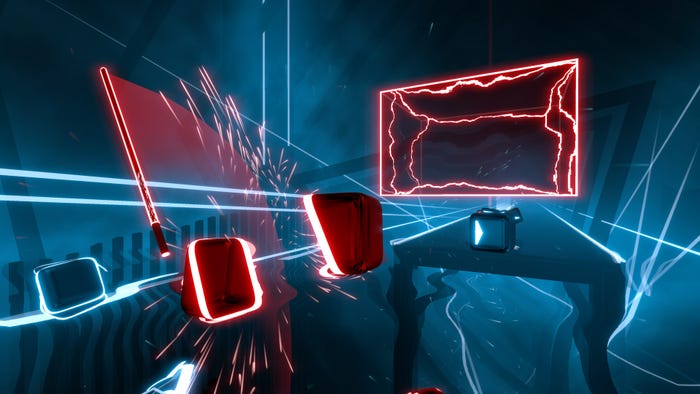
Featured Blog | This community-written post highlights the best of what the game industry has to offer. Read more like it on the Game Developer Blogs.
Skill progression in RPGs based on play style
While in most RPGs players level up their skills with experience points, GTA: San Andreas already featured an alternative.

Leveling up skills in modern RPGs always works in the same way: the player earns experience points (XP), mostly by fighting enemies, and assigns these points to the skills of her character. Whether the player has to reach a new class level with the experience points awarded to her or she can distribute the points at all times, it's always about points. Individual play style doesn't matter.
Seven Years Ago
In 2005, Rockstar released GTA: San Andreas, and in many regards the game was a RPG. You had different skills that could be leveled up, you could dress your character as you saw fit and the game world reacted accordingly. But its skill system was fundamentally different from most RPGs in that you didn't assign any points to level up your skills. Instead you executed the associated activity, you practiced your skills.
You could go to the gym to get stronger, attend driving school to become a better driver or run long distances in order to get more stamina. It even showed on your character: visit the gym often enough, and you would see bigger muscles on your character. Eat too much and you would gain weight. Run around a lot and you would lose that weight (which was much harder than gaining the pounds in the first place).
Play Style Based Progression
Such a system has the strong advantage that it makes individual play style matter. While assigning points can certainly be fun, games that utilize an XP system do not take into account how a skill is used. You can run around all the time, being loud as hell yet still level up your stealth skills and become harder to detect by enemies.
Imaging a game taking place in a fantasy world. At the beginning you don't know your favorite weapon yet, but after some hours you decide that you'd like to fight with two weapons and you stick with it. After a while you notice that you hit more often, or deal more damage, because always fighting in this style you leveled up your two weapons skill. If you train hard enough, meaning if you fight in your style, you can get new abilities, for example disarming enemies.
There could also be cross skill advantages. If you ride horses most of the time your riding skill gets better and better until you earn the ability to use two weapons on horseback. Even after that practicing your riding skill is worth the time because then you unlock to use your two weapon abilities on horseback one after another. Of course you can only use these two weapon abilities if you already earned them on foot before, by practice.
Motivating Varied Play
An additional advantage of this kind of play style progression, especially when featuring cross skill abilities, is that it constantly motivates the player to use the skills she wants to be good at. I can imagine a lot of different features to be built into such a system, for example that skills which aren't used for a long time degrade. This would also make sense in order to ensure that players can't max out all skills at the same time, because they have to invest time to learn new skills while not using certain skills in the meantime. If you spend a lot of time in the city running around or climbing high buildings, your riding skill might suffer and you might lose an ability of fighting with two weapons on horseback.
Conclusion
Play style based progression offers the same rewards as traditional XP progression while making player actions matter. Players can spend more time in the game world and less in menus, which is especially appealing for console RPGs. While the idea itself is, of course, not new it is about time that it gets explored in those games which started the whole skill issue: role playing games.
Read more about:
Featured BlogsAbout the Author(s)
You May Also Like













